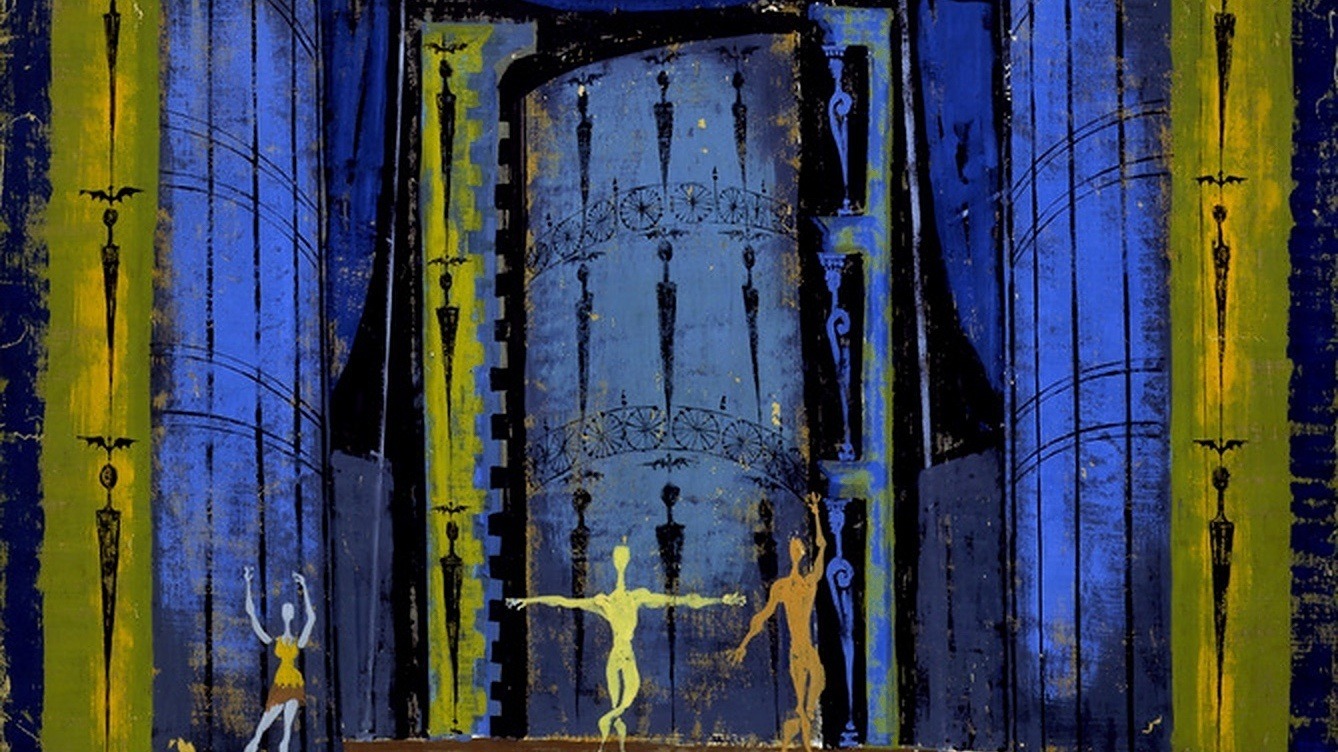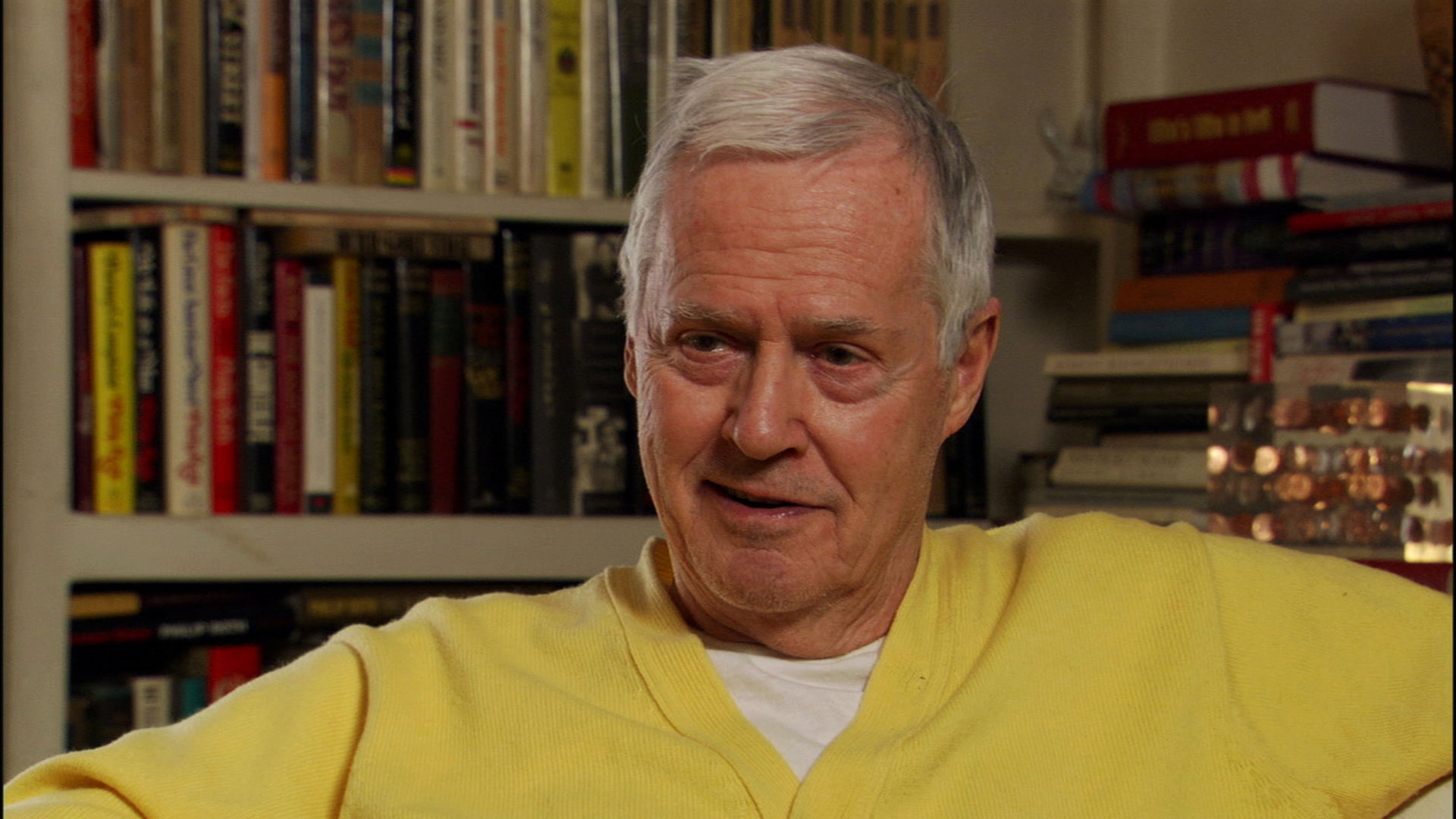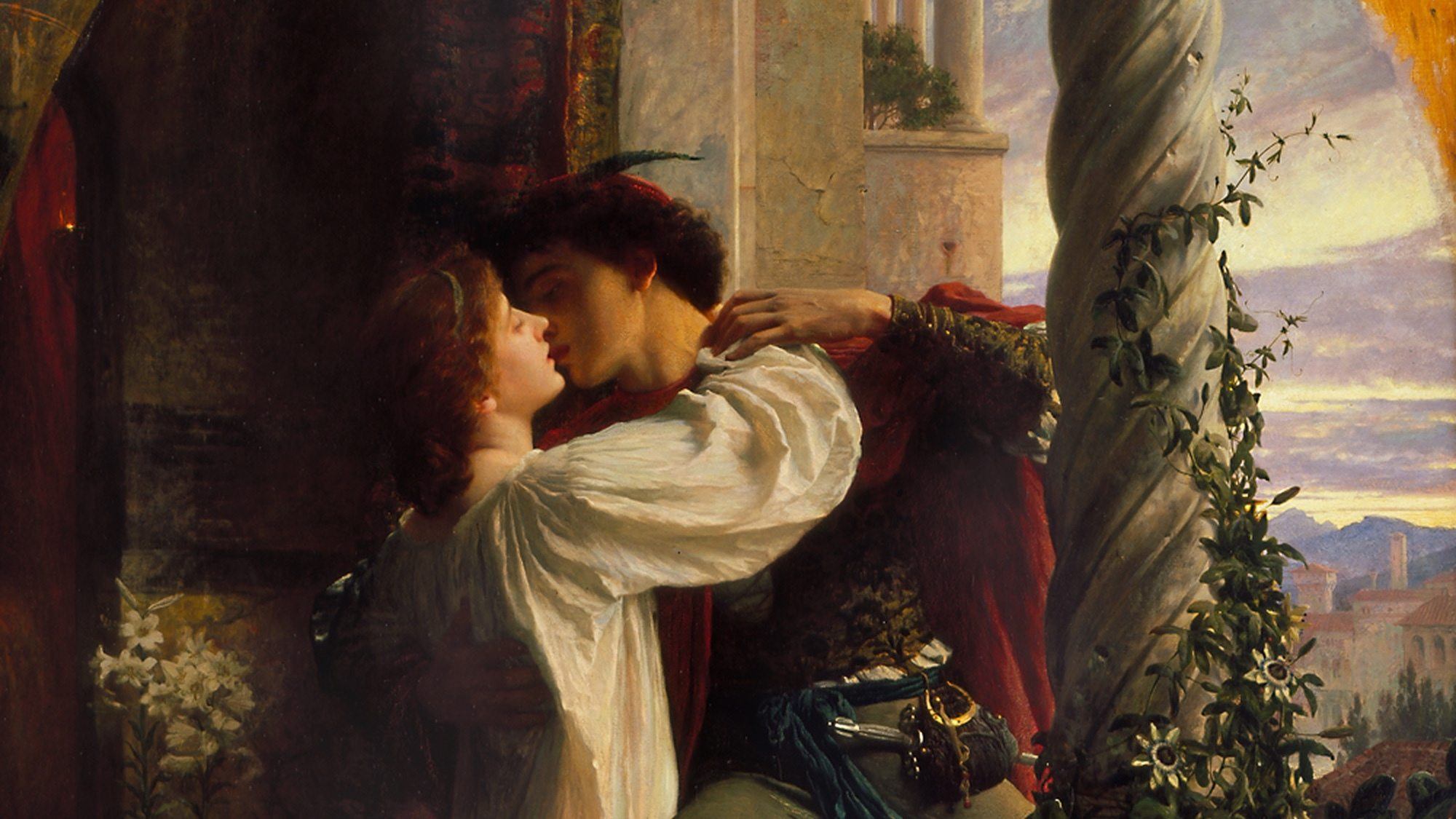Remembering Stanley Drucker
The legendary clarinetist Stanley Drucker passed away on December 19. He was 93. Born in Brooklyn, Drucker entered the Curtis Institute of Music at the age of 15, but left after a year to accept a position with the Indianapolis Symphony Orchestra. He went on to become principal clarinetist of the Buffalo Philharmonic Orchestra. In 1948, Drucker joined the New York Philharmonic. His nearly five-decade-long tenure as principal clarinetist of the New York …







